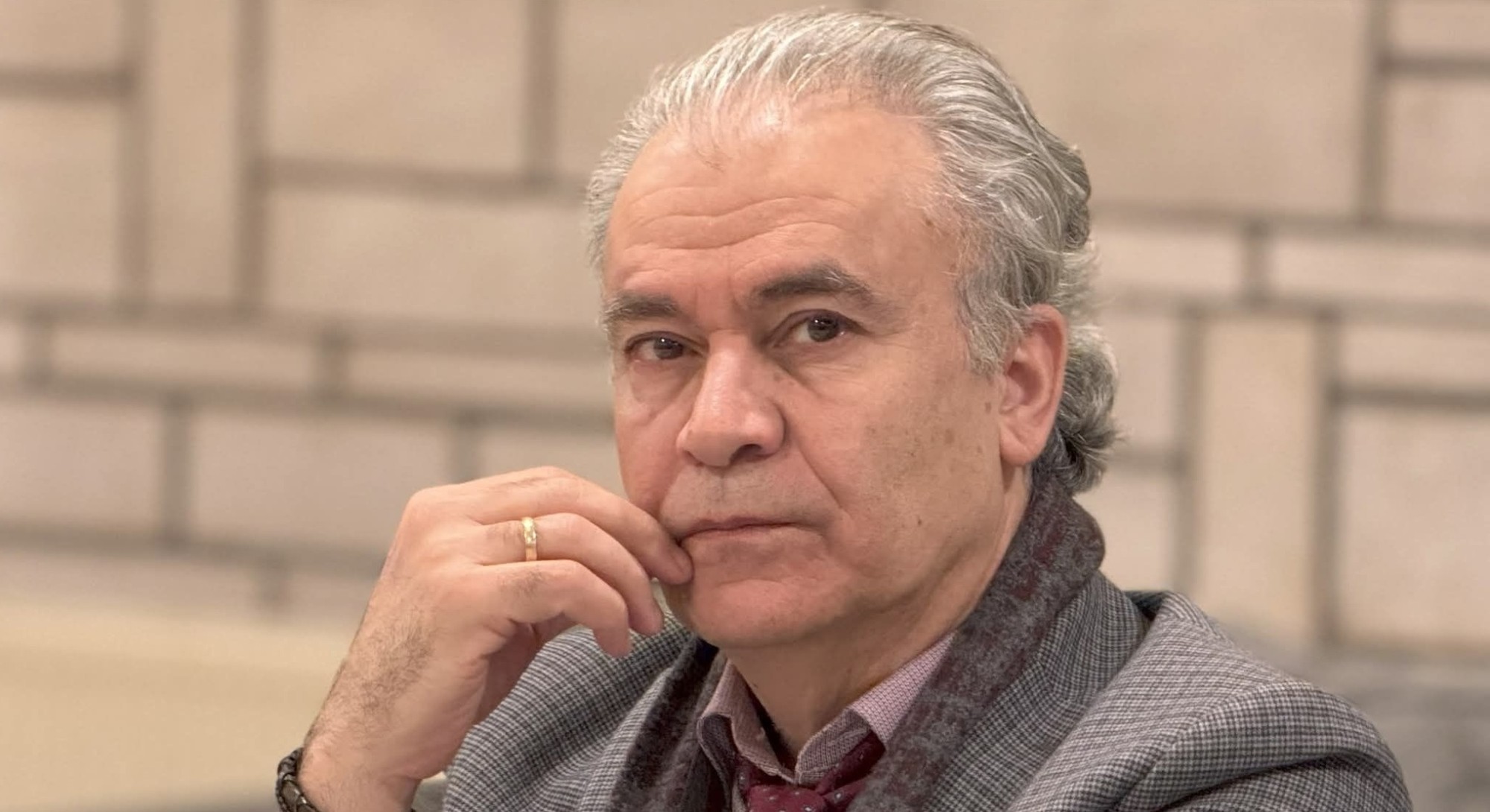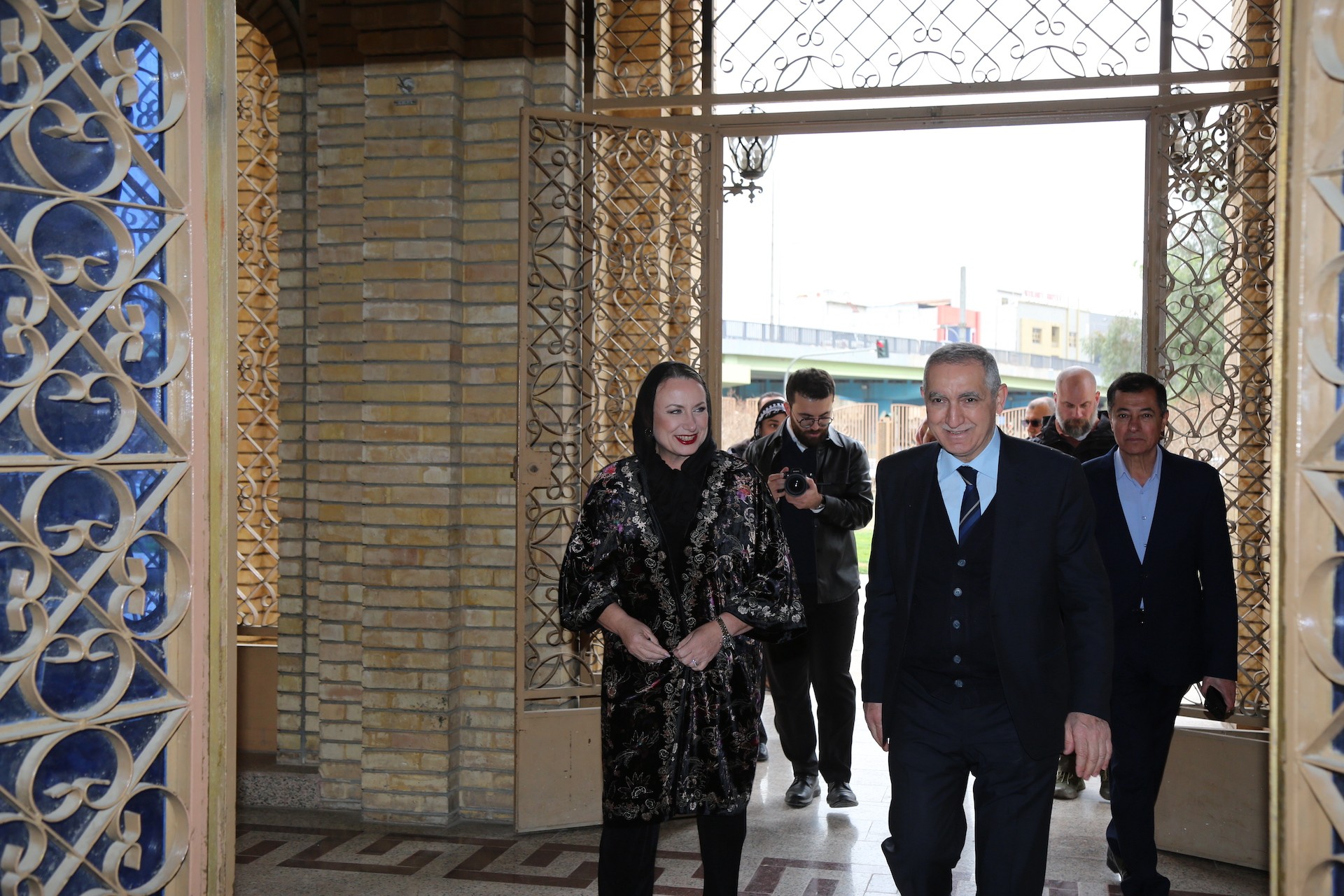On Thursday, May 29, the Barzani Charity Foundation (BCF) under the supervision of Kurdistan Regional Government (KRG) Prime Minister Masrour Barzani announced a one-year national campaign to combat drugs with the slogan “together towards a strong and healthy society.”
“Today is a historic day for the BCF. After years of dedicated work under the supervision of Prime Minister Barzani, we are launching a national campaign against drugs,” Musa Ahmad, President of the BCF, said at the event at the Divan Hotel in Erbil.
”This is a very important and sensitive moment. In official meetings, President Masoud Barzani emphasized the importance of raising awareness to combat drug abuse and called on all segments of society to take this threat seriously,” Ahmad added.
Honored to represent H.E. @masrourbarzani at the launch of the National Anti-Narcotics Campaign, organized by the @BarzaniCF. I reaffirmed @Kurdistan’s full commitment to combating the growing threat of narcotics—a threat as serious as terrorism. Through stronger legislation,… pic.twitter.com/JkguWk7S6I
— Rêber Ahmed (@RayberAhmed) May 29, 2025
According to the UN Office on Drugs and Crime (UNODC), 64 million people worldwide were suffering from a drug use disorder in 2022, and deaths related to the use of drugs worldwide were estimated at about 500,000 in 2019.
KRG Minister of Interior Reber Ahmed warned that the Kurdistan Region faces a very serious challenge, one no less severe than the challenge of terrorism.
“Today’s fight is not only against terrorism, but also against drug abuse and drug trafficking. This is the right place to address it, as shown in [President Masoud] Barzani’s speech to the youth and students a few days ago. Our fight is not about weapons; it is a hidden battle – how to effectively combat drugs.
“Illegal border crossings from Iran and Syria contribute to this problem, and Iraq is used as a market for selling and abusing these substances. Addressing this requires collaboration from family members, schools, teachers, media outlets, and civil society organizations,” he added.
Rawisht Rasheed, the supervisor of the national campaign at the BCF, told Kurdistan Chronicle that the goal of the campaign “is to increase the awareness of Kurdish people about drugs and addiction.”
He said the campaign will focus on six sectors: education, higher education, religious institutions, media and social media, interior and security affairs, and broader community engagement through regular events.
“It’s a comprehensive and well-organized campaign that will last a year. Each of the mentioned sectors will follow a specific schedule and program, with data collected for research, analysis, and future planning,” he said.
As part of the anti-drugs efforts of the government, on November 26, 2024, the foundation stone for the Drug Rehabilitation Center was laid, which is being built by the BCF in partnership with the Latter-day Saint Charities.
Honored to represent H.E. @masrourbarzani at the launch of the National Anti-Narcotics Campaign, organized by the @BarzaniCF. I reaffirmed @Kurdistan’s full commitment to combating the growing threat of narcotics—a threat as serious as terrorism. Through stronger legislation,… pic.twitter.com/JkguWk7S6I
— Rêber Ahmed (@RayberAhmed) May 29, 2025
“We are going to build it as part of our broader efforts to address addiction,” Rasheed said.
The KRG also has a special High Committee for Drug Prevention.
Dindar Zebari, Coordinator for the Office of International Advocacy, during a panel at the event confirmed that 1,556 arrests and the seizure of 47,000 kilograms of narcotics were made in the period between March 2024 and April 2025.
“With support from Canada and UNODC, the KRG is reinforcing enforcement and regional coordination,” he posted on X.
Karzan Noori, Board Member and Program Manager of the BCF, concluded that the BCF has identified the problem and is looking for a treatment for this issue.
“Today, we are not just launching a campaign; we are uniting as one voice to face this problem together and mitigate its consequences. We need collaboration across all institutions, sectors, and government bodies.”

